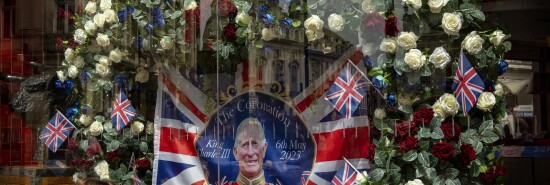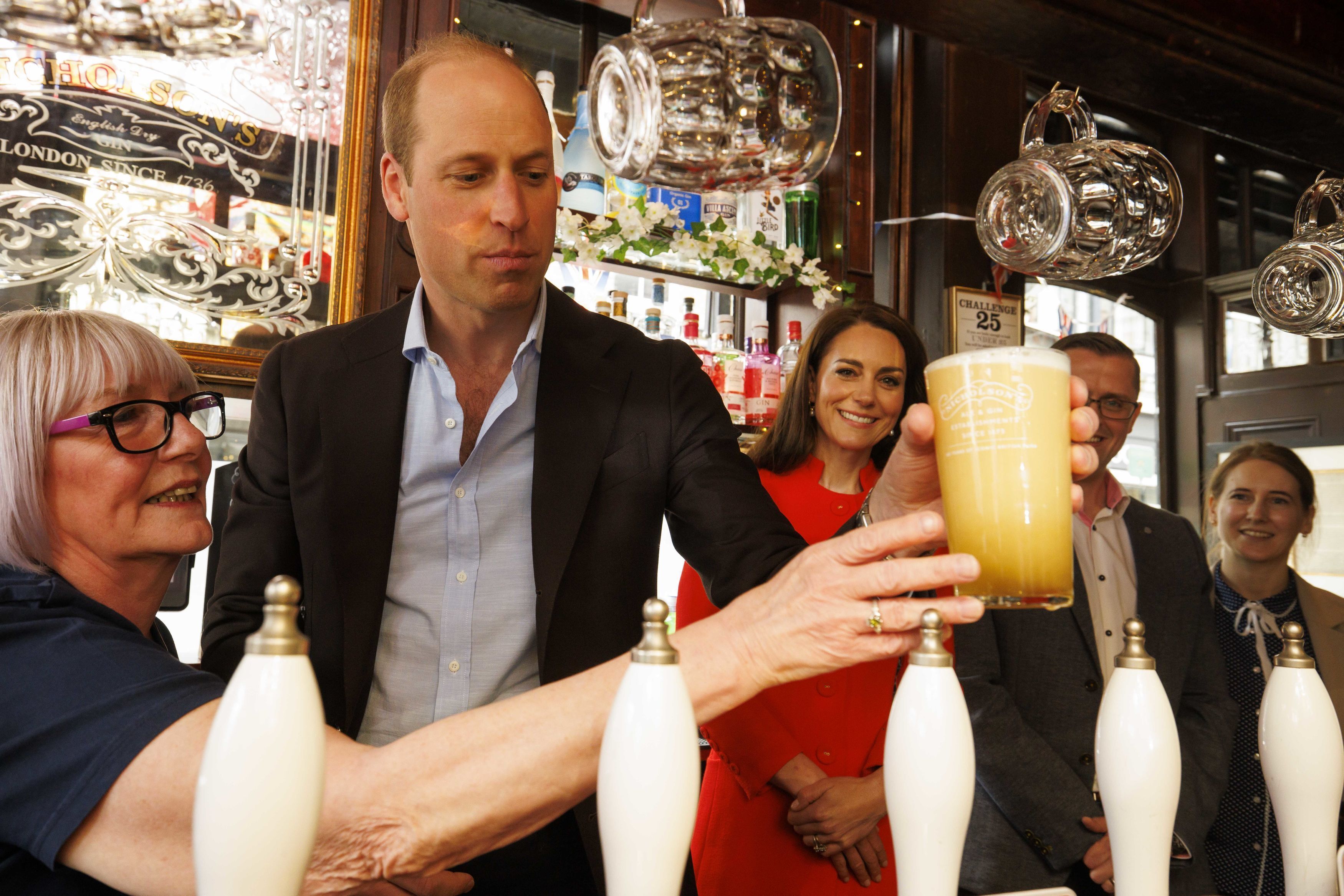
King Charles III’s coronation and the royal institution’s relevance in modern Britain
Dan Hannan
There are two countries in the world where new monarchs are crowned with a Christian liturgy — crowned, that is, in the literal sense of having metal placed on their heads. One, obviously, is the United Kingdom. The other is Tonga, where a British-style coronation involving the local Anglican archbishop has been tacked onto the older ritual of ceremonial kava-drinking.
If you think that makes the British monarchy sound primitive, you’re right. It is primitive in the exact sense, preserving the character of a much earlier chapter of our nation’s story.
The first English coronation of which we have a full account is that of King Edgar, the great-grandson of Alfred the Great, who was crowned in Bath in AD 973. The key elements of Charles III’s investiture were all visible back then. The ceremony was officiated by the archbishop of Canterbury. Edgar swore an oath (in English rather than Latin, so that everyone would understand it) which was, in its essentials, little different from the one that Charles would swear 1050 years later, promising to defend the land, uphold its laws, protect its church, and rule justly.
At the heart of the rite, though, was something much older, something that stretched back to the Bronze Age, for Edgar was anointed with a chrism of holy oil. This sacrament, the unction, was deemed so spiritual that it was the only part of Elizabeth II’s coronation that her subjects could not watch on what were, for most of them, their newly purchased TV sets.
The unction stretches back 3,000 years to the consecration of King Solomon, as recounted in the first Book of Kings, 1:38-39. Edgar’s subjects recited those verses in Bath Abbey, and the great composer Handel condensed them into the majestic choral piece he wrote for George II’s accession in 1727, surely the most regal anthem ever composed: “Zadok the priest and Nathan the prophet anointed Solomon king.”

To a republican, all this must seem like superstitious flummery. Why choose a man by genetic lottery and make him the repository of the national narrative?
One answer is that constitutional monarchies are remarkably stable places. The key task of the head of state is to ensure legitimacy. The king is a focus for national loyalty who is not a politician, a commander in chief who is not a general. Instead of directing people’s longing for spectacle and pageantry at a strongman, we direct it at someone who has no meaningful powers.
C.S. Lewis expressed it beautifully: “Where men are forbidden to honor a king, they honor millionaires, athletes, or film stars instead; even famous prostitutes or gangsters. For spiritual nature, like bodily nature, will be served; deny it food and it will gobble poison.”
Even secular societies need occasional moments of magic. The coronation is an ancient Judeo-Christian ceremony in a largely post-Christian country. But the decline of formal religion doesn’t mean that people lose their sense of the transcendent.
In the U.S., officeholders take an oath of allegiance to the Constitution. As a British legislator, I swore an oath of allegiance to the monarch. More primitive, yes, but, to a tribal species, also more real, and arguably more functional. It is possible to imagine an American election in which, following allegations of fraud, rival sets of electors were empaneled, and rival presidents began appointing rival cabinets.
One of the reasons that such a thing is unimaginable in Britain is that a sense of the transcendent lingers in the monarchy. Charles III is the 34th great-grandson of Scotland’s Kenneth MacAlpin, the 33rd great-grandson of Ireland’s Brian Boru, the 33rd great-grandson of England’s Alfred the Great, and, according to some genealogists, the 41st great-grandson of the Prophet Muhammad. His history is his nation’s. Even the most stolid rationalist cannot be wholly unmoved.
Yes, the British monarchy is answerable to Parliament. It would be dissolved tomorrow if a majority voted against it. The king, paradoxically, is the source of sovereignty, yet serves at our pleasure. But that does not quite extinguish the flicker of magic. As Roger Scruton put it, the monarchy is like the enchanting light from a Christmas tree the British people perfectly well remember having placed there themselves.
Edgar’s coronation ended with an acclamation of the new monarch. One of the innovations of this coronation was extending that oath to the entire country. It’s the kind of gesture that everyone enjoys. Monarchists say the words wholeheartedly, republicans performatively refuse, and everyone else says them with varying degrees of irony. You don’t get more British than that.
